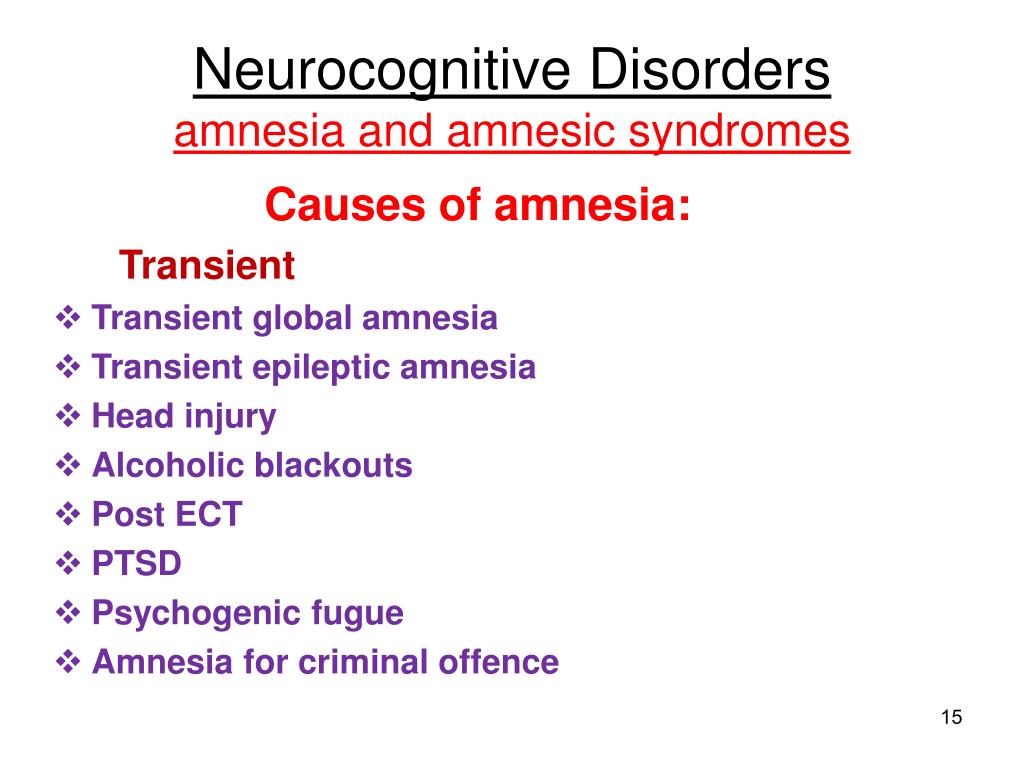
Conclusions: TEA is a treatable cause of amnestic spells in older adults. Anti-seizure therapy, most often with a single agent, resulted in improvement (reduction in spell frequency and/or subjective improvement in interictal cognitive/behavioral complaints) in all 17 cases with available follow-up. FDG-PET identified focal hypometabolism in 2/8 cases where it was performed, both involving the frontal and/or temporal regions. Brain MRI revealed focal abnormalities in only 4/19 cases (21%). In numerous cases, sleep and prolonged EEG evaluations identified abnormalities not previously seen on shorter or awake-state studies. EEG revealed epileptiform abnormalities involving the frontal and/or temporal regions in 12/19 individuals (63%), including activation during sleep in all of these cases. Thirteen patients (68%) reported persistent cognitive/behavioral symptoms, including 4 (21%) for whom these were the chief presenting complaints. Results: Nineteen patients were identified (14 men, 5 women) with median onset age 66 years and median time to diagnosis 2 years. Diagnostic criteria included the presence of recurrent episodes of transient amnesia with preservation of other cognitive functions and evidence for epilepsy. Methods: We performed a retrospective analysis of patients diagnosed with TEA at the Mayo Clinic Minnesota from Januto September 21, 2017. If you have a treatable cause of amnesia, then treatment might allow you to regain your memory.īut if you have ongoing amnesia, then apart from treating whatever is causing it, you will need to developing strategies to improve your memory.Objective: To characterize the clinical, EEG, and neuroimaging profiles of transient epileptic amnesia (TEA).

take images of your brain to look for damage.take a blood test to check for infection or vitamin deficiencies.

Your doctor will talk to you and examine you. If you or someone you know are struggling to remember things like close family members' names, or if you can't retain new information, it's important to see your doctor.Īnd if you have any memory loss at all after a head injury or a suspected concussion, you should see your doctor. after losing the supply of oxygen to the brain, such as with a heart attack or heart surgery.a type of epilepsy (transient epileptic amnesia).psychological conditions, such as anxiety or depression.tumours in the area of the brain that control memoryĪmnesia can also be caused by issues that affect the whole brain, such as:.It can be caused by damage to the parts of the brain that are important for memory. There is a long list of conditions that can cause amnesia. It is usually temporary, but can be permanent in some situations. It is often a symptom of another condition. People who have amnesia might also be confused and have trouble learning anything new.īut most people with amnesia still remember who they are, and can often remember events from their childhood.Īmnesia is not a medical condition on its own, but a description of an experience. People with amnesia can struggle to form new memories or remember recent events or experiences.


 0 kommentar(er)
0 kommentar(er)
